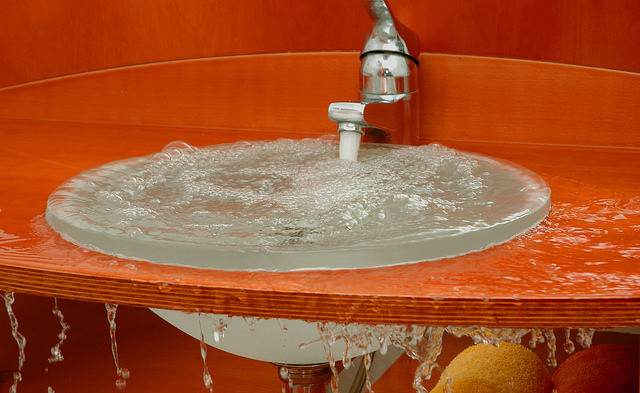How to Prevent Water Damage
As often ignored, water can be the secret destroyer of your home. Even more, it usually happens when you least expect it. From pin leaks in your pipes to leaky roofs, there is a plethora of these sneaky culprits of water damage in your house. Luckily, you can avoid water damage when you find out the problem soon. That’s why it is important to understand how dangerous standing water can be, and why it pays to take care of your plumbing installations. If you find water damage in your home caused by leaks or blocked drains, it is important to get it inspected right away. Below are several advices that can help you prevent water damage.
In the first place, always make sure to shut the water off for any bathroom, basement or kitchen improvements. You should know where the water shutoff valve is and turn it off when working near water supply or pipes to ensure that you do not create a water flood. Even more, it is surprising to see that many times a project go bad because the shut off valve was not planned or known for by the homeowner.
Does your basement smell like mildew or mold? If so, you may have water somewhere in your basement where it should not be. Water can go into a basement when the exterior foundation wall is compromised in some way. That said, if water is standing along your foundation or your yard slope towards the foundation wall, that may be the reason why you are experiencing water issues in your basement, bathroom and home in general.
As water stain around exterior doors and windows, that water is getting in from the outside. Make sure all the doors and windows are tightly sealed. If a sign of water damage is spotted, windows and doors should be replaced and the complete damaged area restored. Examine your exterior siding and eventually replace any damaged or missing screws or fasteners.
The bathroom is probably the most vulnerable water junction. It is advised to check the water lines and extensively search for potential leaks around the toilet seat, beneath the water tank, around the washing machine and in the hose. In the event you find a hint of moisture on the floor, check for potential leaks in your bathroom. Even more, if you have a washing machine in your bathroom, check its hoses regularly. A prime place for leaks is at the point where the hose is connected to the machine or a drain. Make sure all the hoses have enough room to move when the machine agitates. Hoses that are crammed into a tight and small space are usually subject to leaks, cracks, blocked drains and abrasion.
A lot of water issues come from compromised gutter systems. As gutter system can be clogged with debris, water is unable to flow freely through the system. This can cause water marks to appear in your home and foundation. That’s why it is important to install the gutter system correctly.

